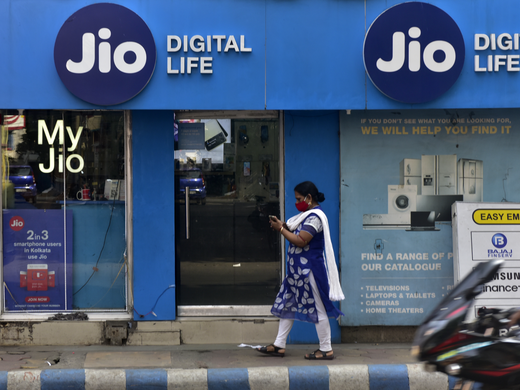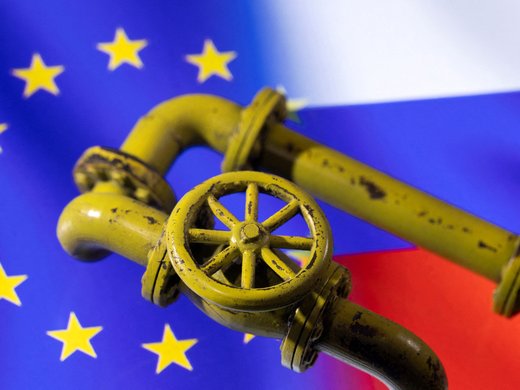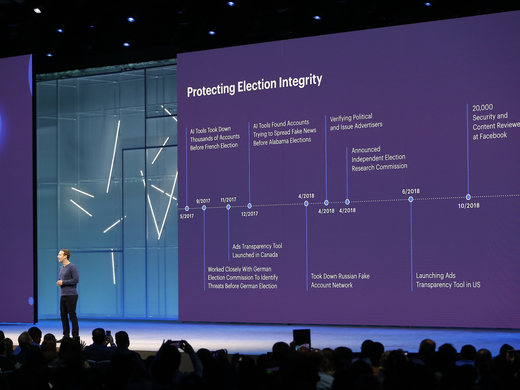Amidst tension throughout the Asia-Pacific, South Korean President Park Geun-hye and Japanese Prime Minister Shenzo Abe visit Washington to re-affirm key strategic interests and areas of mutual cooperation. To learn more about what could have transpired during this visit, we speak to CIGI Senior Fellow and Chair of Global Security at the Balsillie School of International Affairs David Welch.
CIGI: Given the mounting of tension between North and South Korea, and the recent closure of the joint factory park Kaesong, do you think that these meetings in Washington focused on security issues or more generically looked to cover extended cooperation within the Asia-Pacific region?
David Welch: At the moment it’s all security, all the time. In most other respects, Asia-Pacific cooperation is going quite well. Almost all of the conflicts at the moment are security-related. North Korea is the security challenge that most directly concerns the United States, South Korea, and Japan respectively, and it would be astonishing if this did not dominate the trilateral discussions in Washington between Barack Obama, Park Geun-hye, and Shinzo Abe. There is an important background issue, of course, and that is how to manage China. On this subject South Korea used to be an outlier, preferring engagement and giving Xi Jinping the benefit of the doubt while the United States and Japan were more skeptical and more worried. Recent events have brought the three countries closer together. Among the most important of these recent events is Xi Jinping’s resistance to strong joint action to deal with the North Korean nuclear threat.
CIGI: Amidst the hot peace between North and South Korea, what possible role could the United States play in helping de-escalate tension between these two countries?
Welch: The United States has no particular interest in deescalating tensions between North and South Korea at the moment. It has a strong interest in ramping up the pressure on North Korea to denuclearize. Everything else is secondary. The received wisdom in Washington is that North Korea simply takes advantage of periods of détente to move its nuclear and missile programs forward.
CIGI: If you are either of these two world leaders coming to Washington, DC, what are your goals within this visit?
Welch: My main goal would be to present a united front against North Korea and to keep the heat on Xi Jinping to use his leverage—or what is left of it—to rein in Kim Jong-un. But I would have an important ulterior motive as well: namely, to capitalize upon the recent breakthrough agreement on the comfort women issue to promote broader and deeper Japan-Korea cooperation on a range of issues. Security and intelligence cooperation are the most important of these, but both sides need to invest significant resources in improving the tone and bilateral relations and reducing the alarming levels of suspicion and hostility that have poisoned people-to-people relations in recent years.
CIGI: As President Obama’s term comes to an end, will there be any last ditch efforts to change American engagement with the Asia-Pacific, and how do you think it will change with the election of any of the new candidates?
Welch: President Obama has a clear-eyed and practical vision of American interests and American engagement in the Asia-Pacific region. The “rebalance,” or “pivot” to Asia is the centrepiece, and for this it is important to improve defense cooperation with America’s allies in the region. At the same time, the United States is determined not to let China create “facts on the ground” that would alter the maritime status quo in the South China Sea; as a result of this, we can look forward to future freedom of navigation operations (FONOPs) at a fairly regular pace. But Obama does not want to threaten China; he wants to convince China that its own interests are best served by adhering to existing international law and prevailing norms of peaceful conflict resolution. The messaging challenge is significant: it requires a combination of carrots and sticks, but thus far China appears only to have noticed the sticks.
If Hillary Clinton wins the election in November, she will follow the Obama line, but somewhat more muscularly, as she is rather more skeptical of China’s intentions and is inclined to be somewhat more hawkish. If the eventual Republican nominee wins, we can look forward to a dramatic deepening of tensions and a significantly increased risk of conflict. None of the remaining Republican candidates has a nuanced understanding of the complexities of Asia-Pacific security, nor the judgment to navigate them safely.


